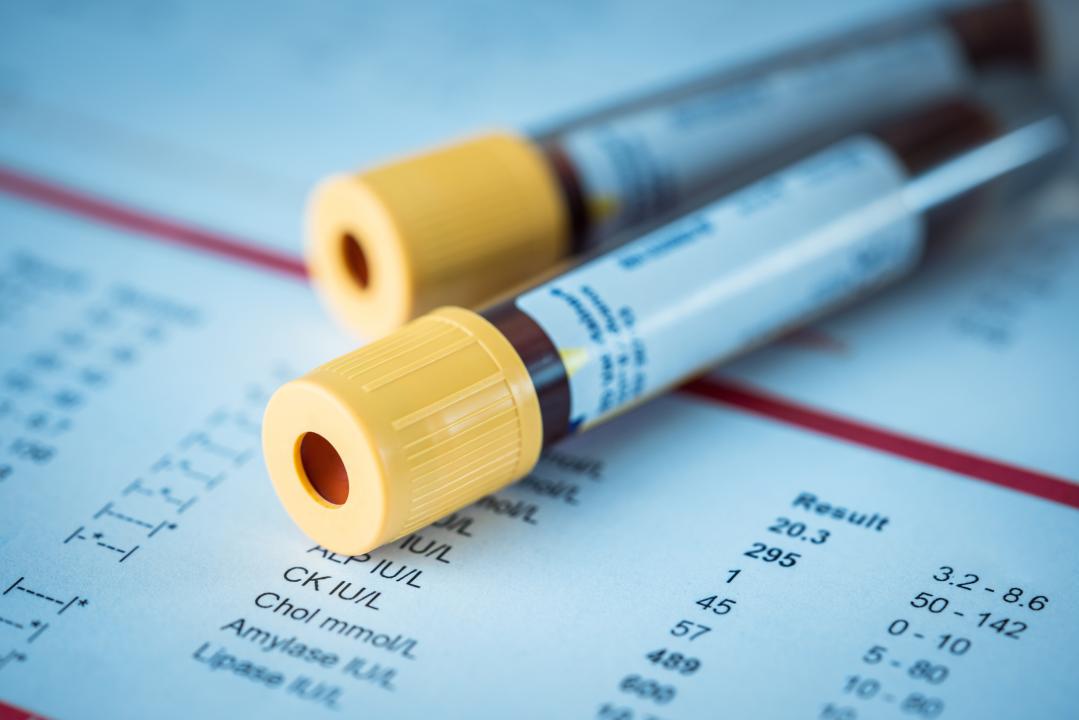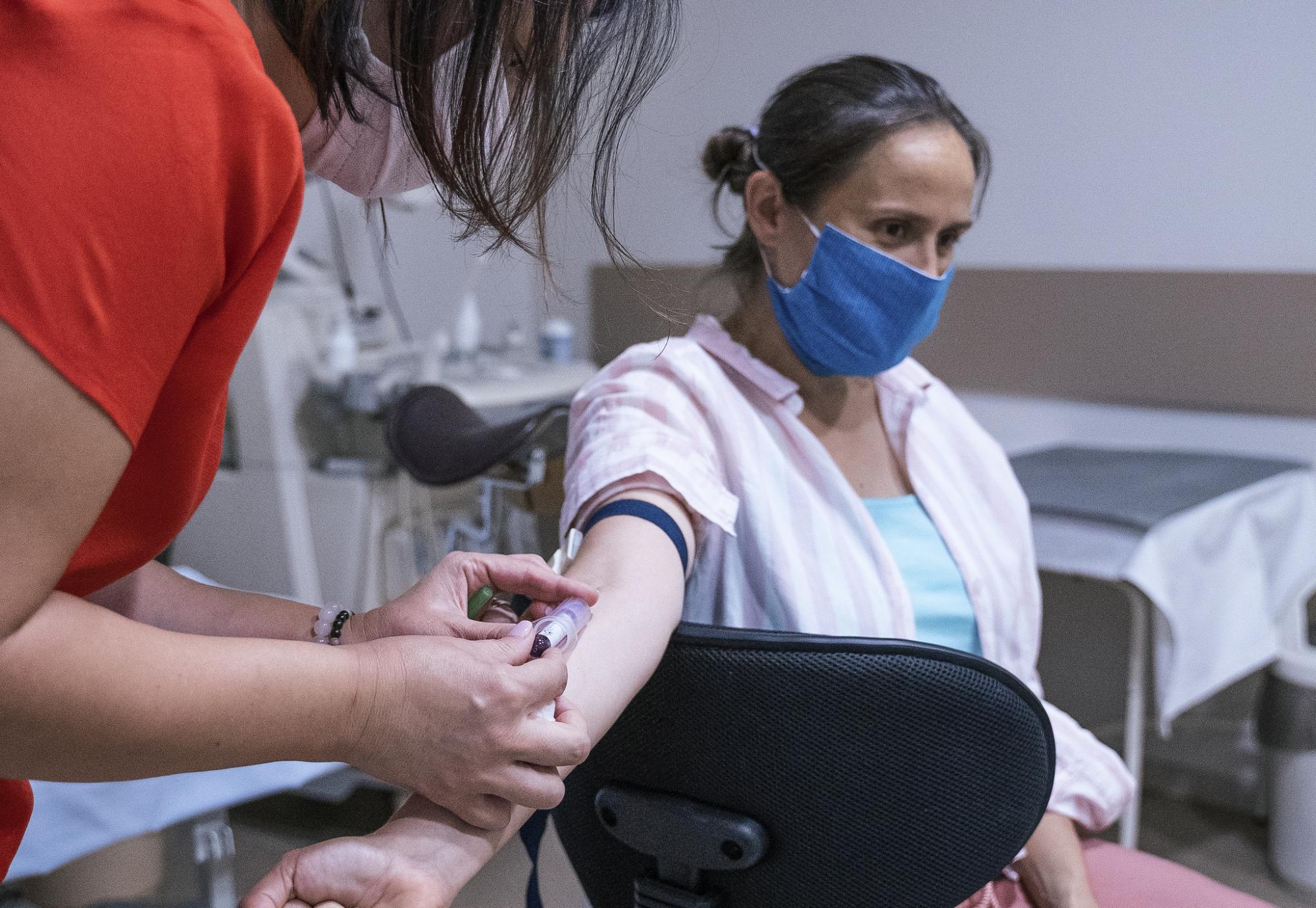A new blood test reportedly able to detect more than 50 types of cancer before symptoms appear is set to begin a major trial in the NHS.
The health service aims to recruit 140,000 volunteers across eight areas of England, making it the world’s largest trial of the ‘revolutionary’ new blood test, testing how well the new method of detection works within in the NHS.
The first people to take part will have blood samples taken at mobile testing clinics in retail parks and other convenient community locations.
The NHS-Galleri trial is the first of its kind. Back in November 2020, a deal was struck with the manufacturers of the blood test to permit the NHS trial.
NHS Chief Executive Amanda Pritchard said: “This quick and simple blood test could mark the beginning of a revolution in cancer detection and treatment here and around the world.
“By finding cancer before signs and symptoms even appear, we have the best chance of treating it and we can give people the best possible chance of survival.
“The NHS has a successful track record of leading the way on innovations in cancer diagnosis and treatment, from CAR-T therapy to Covid-friendly drugs.
“The Galleri blood test, if successful, could play a major part in achieving our NHS Long Term Plan ambition to catch three quarters of cancers at an early stage, when they are easier to treat.
“So if you are invited, please take part – you could be helping us to revolutionise cancer care and protect yourself.”
Dame Cally Palmer, NHS National Director for Cancer, added: “It is an absolute priority to speed up the earlier detection of cancer to improve survival, and this trial has the potential to do just that across a range of types of cancer.
“We are very grateful to all the people who will be taking part in this important initiative, which could help us save many more lives in the future.”

The Galleri test is a simple blood test which research has shown is particularly effective at finding cancers which are often difficult to identify early – such as head and neck, bowel, lung, pancreatic, and throat cancers.
It works by identifying checmical changes in fragments of genetic code-cell-free DNA (cfDNA) which leak from tumours into the bloodstream.
The NHS is already sending out letters inviting tens of thousands of people from different backgrounds and ethnicities aged between 50 and 77 to take part in the trial.
Participants, who must not have had a cancer diagnosis in the last three years, will be asked to give a blood sample at a locally-based mobile clinic, then be invite back after 12 months and again at two years, to provide further samples.
The NHS-Galleri trial forms part of the NHS’ efforts to increase the proportion of cancers detected early by the end of the NHS Long Term Plan’s timeframe.
The NHS-Galleri trial is being run by Cancer Research UK and King’s College London Cancer Prevention Trials Unit, in partnership with the NHS and GRAIL, the healthcare company responsible for developing the Galleri test.



















